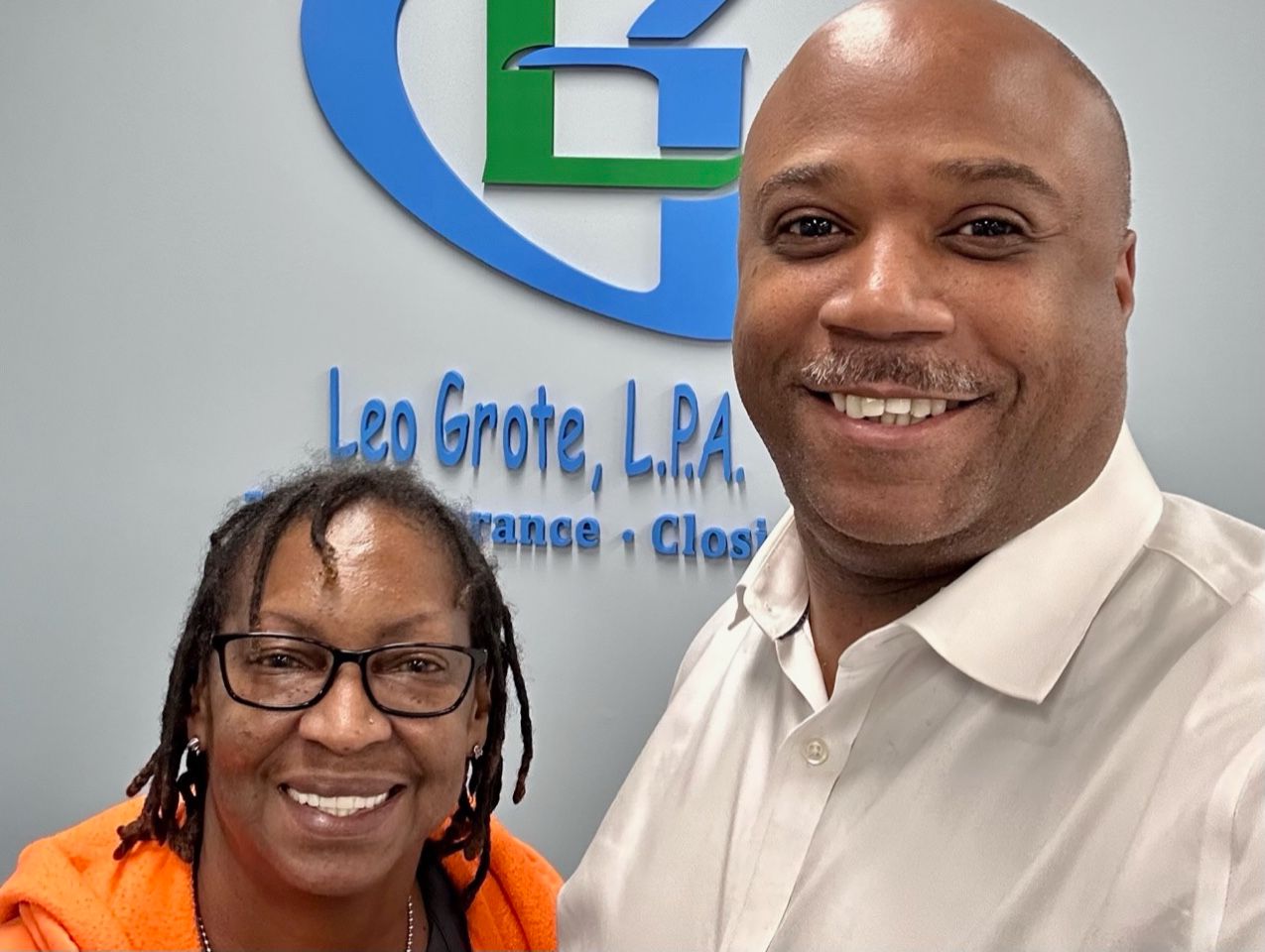President Joe Biden hosted Dutch Prime Minister Mark Rutte for talks on Tuesday after a deadly attack on Ukrainian civilians this weekend and as the U.S. administration looks to persuade the Netherlands to further limit China’s access to advanced semiconductors with export restrictions.
The discussions began with opening comments on the countries’ efforts to thwart Russia’s ongoing invasion of Ukraine.
Prime Minister Rutte announced his intention to “join” the U.S. and Germany in sending Patriot air defense batteries to Ukraine, which could be another critical boost to their defense against Russia’s air attacks.
Rutte said in a Twitter posting on Monday that he had spoken by phone with Ukraine President Volodymyr Zelenskyy about Saturday’s Russian missile strike on an apartment building in Dnipro — one of the deadliest attacks on civilians in the nearly 11-month-old war. Authorities said the death toll from the strike rose to 40 and that 30 people remained missing Monday.
“These are horrible pictures, and I think it strengthens even more our resolve to stay with Ukraine,” he said alongside Biden in the Oval Office Tuesday. “If the United States would not have stepped up like you did, things would have been very different at the moment.”
“Europe continues to step up,” Biden responded. “We have to stay together.”
Ahead of Tuesday’s meeting, White House National Security Council spokesman John Kirby praised the Netherlands as a “key supporter of security assistance in Ukraine.” The Netherlands has committed about $2.7 billion in support for Ukraine this year. The money will be spent on military equipment, humanitarian and diplomatic efforts.
The Biden administration has also been trying to get the Netherlands on the same page since the U.S. Commerce Department announced in October new export controls aimed at China. The restrictions are intended to limit China’s ability to access advanced computing chips, develop and maintain supercomputers, and make advanced semiconductors.
Rutte on Tuesday did not mention the chip issue, while Biden said the two leaders would discuss meeting “the challenges of China,” calling their countries in “lockstep.”
Administration officials have reasoned that the export restrictions are necessary because China can use semiconductors to create advanced military systems including weapons of mass destruction; commit human rights abuses; and improve the speed and accuracy of its military decision making, planning and logistics.
Slowing Beijing’s access, however, will take plenty of help from allies for the U.S. export controls to have maximum impact. The Netherlands-based tech giant ASML is a major manufacturer of lithography machines that design and produce semiconductors. China is one of ASML’s biggest clients.
In a press conference on Friday, Rutte said he did not feel pressured by the U.S. to modify its exports.
“We can conduct discussions about it without immediately talking in terms … of being ‘put under pressure,’” he said.
CEO Peter Wennink in October also played down the impact of the U.S. export control regulations.
“Based on our initial assessment, the new restrictions do not amend the rules governing lithography equipment shipped by ASML out of the Netherlands and we expect the direct impact on ASML’s overall 2023 shipment plan to be limited,” he said.
ASML said last year that it expected company-wide 2022 sales to be around 21 billion euros.
The U.S. has also been in talks with Japan on tougher export restrictions to limit the sale of semiconductor manufacturing technology to China. Rutte’s visit comes after Biden hosted Japanese Prime Minister Fumio Kishida last week for talks.
The U.S. and Japan, in a joint statement following the Oval Office meeting, said the two sides agreed to “sharpen our shared edge on economic security, including protection and promotion of critical and emerging technologies.”
China’s Foreign Ministry spokesperson Wang Wenbin last week called on Japan and the Netherlands to resist U.S. pressure.
“We hope the relevant countries will do the right thing and work together to uphold the multilateral trade regime and safeguard the stability of the global industrial and supply chains,” he said. “This will also serve to protect their own long-term interests.”
Kirby said last week the two leaders also plan to discuss the Summit for Democracy, which they are co-hosting with Costa Rica, South Korea and Zambia in late March.
Biden hosted the inaugural democracy summit in December 2021, which the administration billed as the start of a global conversation about how best to halt the backsliding of democracy.
Biden is the third U.S. president visited by Rutte, the Netherlands’ longest-serving prime minister. He earlier met with Barack Obama and Donald Trump.




